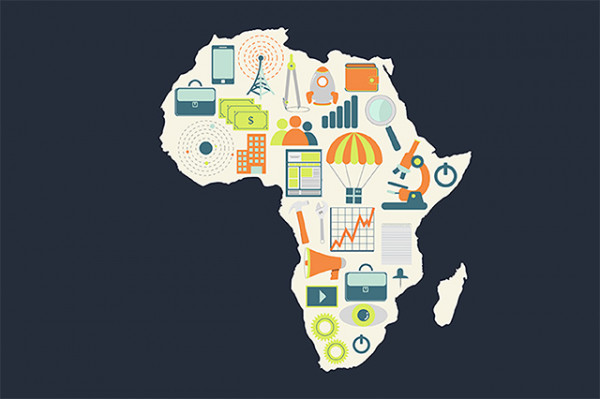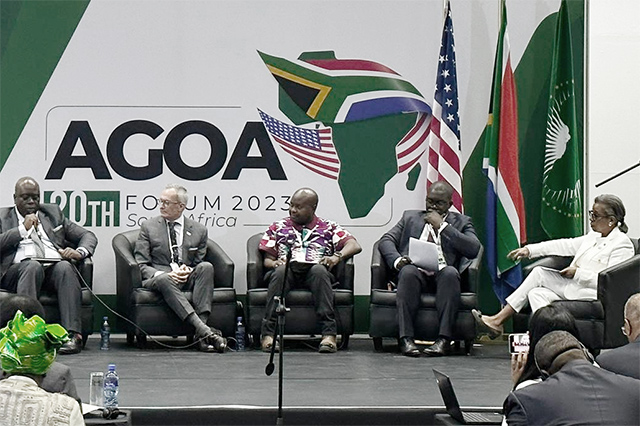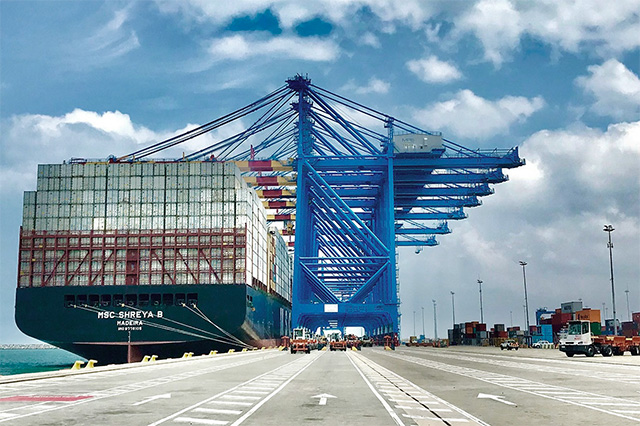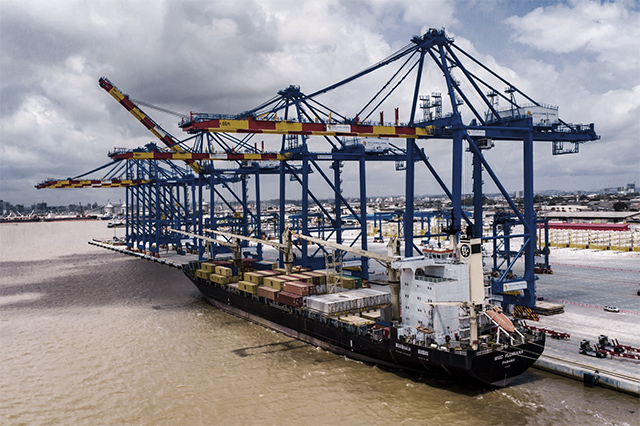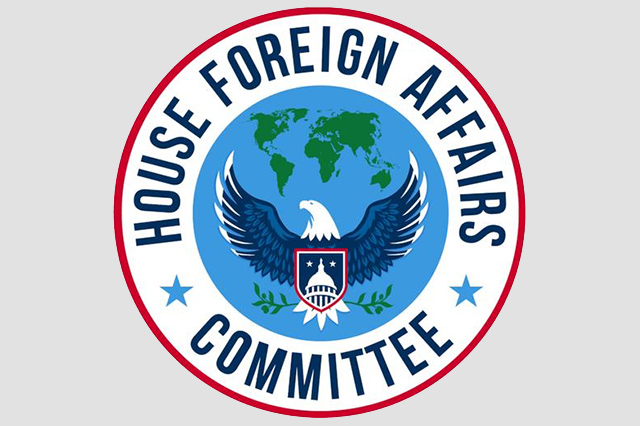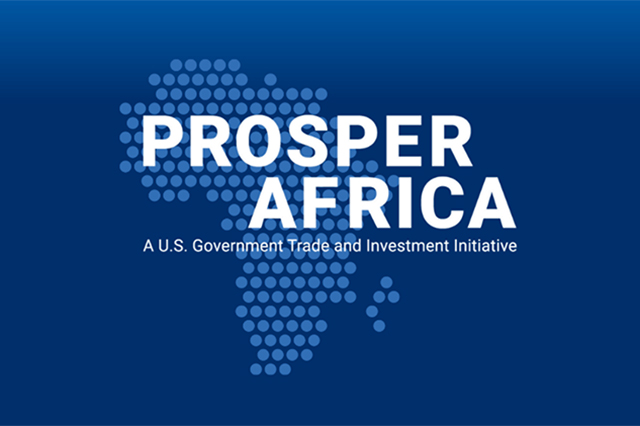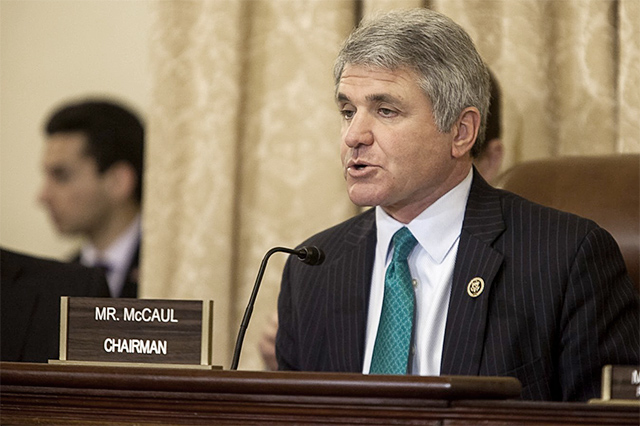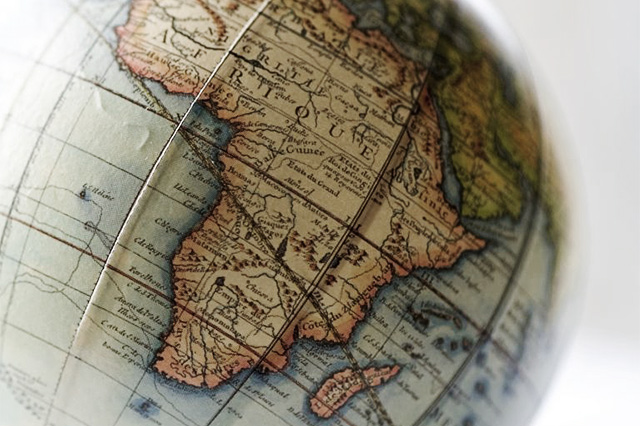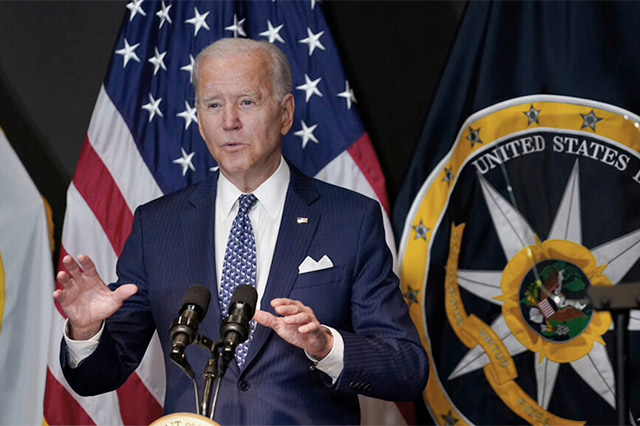'Beyond AGOA – Prosper Africa'
The 18th AGOA Forum that took place earlier in August was once again a reminder to business not only to make the most of AGOA, but also to start thinking beyond it.
South Africa, along with the majority of countries in sub-Saharan Africa, is able to export more than 6,000 types of products to the United States without paying US import tariffs.
This is thanks to a preferential trade dispensation offered by the United States under the African Growth and Opportunity Act (AGOA) and the US Generalised System of Preferences (GSP).
First instituted in 1976, the Generalised System of Preferences programme is designed to promote economic growth in developing countries by providing preferential duty-free treatment for over 3,500 types of products from designated beneficiary countries around the world.
In Africa, those countries that qualify for Generalised System of Preferences are also eligible for additional preferences under AGOA.
The Generalised System of Preferences and AGOA combined allow duty-free, quota-free access to the US market for approximately 6500 tariff lines, or variations of products, from qualifying countries. This increases the competitiveness of these goods in the US market, supporting the development of exports from Africa to the US and providing an incentive for US businesses to source products from Africa.
AGOA was introduced in 2000 and was initially set to run for a period of eight years, but has been extended and amended a number of times. It is set to expire in 2025.
South African exports to the US grew from $3.5-billion in 2001 to $8-billion in 2017. One sector that has really thrived under AGOA is the automotive sector, which has become one of the programme’s greatest success stories. South Africa’s automotive industry has fully capitalised on the opportunities presented by AGOA, such that today South Africa is a key global player in the automotive industry. Underpinning this was a significant investment by both Mercedes Benz and BMW, who benefit from duty-free access to the US market for vehicles produced in South Africa.
South Africa’s citrus export sector is another success story under AGOA, with the programme having enabled South Africa, and in particular, the Western Cape, to become one of the largest citrus suppliers to the United States in recent years. The Western Cape exports a diverse range of products to the US, with top exports in 2018 including steel, jewellery, engine components, citrus, wine, boats, and beauty products.
In order to qualify for preferences under AGOA and the Generalised System of Preferences, eligible countries need to comply with certain criteria, including, for example, respecting internationally recognised worker rights, providing adequate intellectual property protection, and providing the United States with equitable and reasonable market access. The US president determines eligibility based on the criteria set by law in a process that includes annual public hearings, as well as out-of-cycle reviews in response to public petitions. AGOA thus differs significantly from a reciprocal free trade agreement (FTA). Under AGOA, African countries are being offered duty-free access unilaterally based upon US legislation, whereas under an FTA all parties to the agreement would negotiate and agree to the terms, usually based on some level of reciprocity.
The AGOA programme also includes an annual forum, with high-level meetings between government officials, as well as the adjacent private sector and civil society meetings.
Three key points stood out from discussions at this year’s forum: Beyond AGOA, the African Continental Free Trade Area Agreement (AfCFTA), and Prosper Africa.
Beyond AGOA
There was a tangible sense from discussions that AGOA will expire in 2025, and will give way to a new trade relationship between the US and Africa rather than be renewed. This new trade relationship will probably be based on reciprocity rather than the granting of unilateral preferences.
This means two things for business; one: take advantage of the remaining six years under AGOA, and two: start thinking about what type of framework should be shaping the economic relationship between Africa and the US in future. At this stage, the US appears to favour entering into multiple separate FTAs with African countries, while the African Union (AU) favours a US-whole of Africa approach.
South Africa only utilised 150-300 of more than 6,000 available product lines in 2016, which means that there is a significant untapped opportunity, not to mention the spike in interest from US buyers shifting their attention from China to new frontiers. New technology also brings new opportunities, and it is notable that the value of South African services exports to the United States grew by $120-million in 2018, to just over $2-billion.
AfCFTA
The drive to boost intra-Africa trade and establish a consolidated African market through the establishment of a continent-wide free trade area has gathered remarkable support over the past year from U.S. government and business. The AU and United States signed a joint statement during the Forum in support of the AfCFTA and the AU’s goal of increasing continental trade and investment. This includes an undertaking to identify areas for cooperation and capacity building and a mutual desire to pursue deeper trade and investment ties beyond AGOA.
The AU is in the process of engaging US industry about the AfCFTA and these engagements are bearing fruit and garnering interest. The main message is that Africa is serious about the AfCFTA, and that implementation of the AfCFTA will address key concerns and historic barriers to investment in Africa. Such barriers to investment include the fact that individual markets are too small and fragmented to attract investment, while at the same time exporting from one country to the region is impractical due to logistical challenges and a lack of regulatory harmonisation. The AfCFTA is being designed to address these challenges and to offer a much more consolidated market to investors, a market that includes six of the 10 fastest growing economies in the world. Trading under the AfCFTA is set to commence on 1 July 2020.
Prosper Africa
Prosper Africa is the US Government’s new initiative to substantially increase two-way trade and investment between the United States and Africa. Based on a number of interventions to facilitate investment on the continent, Prosper Africa will see 15 US federal agencies align to establish a one-stop-shop to facilitate transactions for US and African businesses. This will include the presence of “deal teams” in Africa.
Through this initiative, the US Government will significantly increase the scope of support it offers to US companies interested in doing business in Africa. Such support will include access to financing as well as support in facilitating and expediting transactions and mitigating associated risks.
In particular, the BUILD Act (Better Utilisation of Investments Leading to Development Act) signed into law in October 2018, significantly broadens financing options for private sector development in emerging economies. The BUILD Act consolidates, modernizes and reforms the US Government’s development finance capabilities into a new agency, called the United States International Development Finance Corporation (DFC).
This is primarily a consolidation of the Overseas Private Investment Corporation (OPIC) and USAID’s Development Credit Authority. The new agency will have the authority to issue insurance or reinsurance, make loans and guarantees and provide financing to private equity funds, additionally, the agency will be able to make equity investments, fund feasibility studies and special projects, and implement technical assistance programs in support of specific transactions. The DFC will start operating on 1 October 2019.
The AGOA Forum provides an annual opportunity to take stock of economic relations between the United States and Africa, and this year there was a fresh sense of opportunity on the horizon.
![]() Karen Bosman is Wesgro’s Strategic Research and Public Affairs Officer
Karen Bosman is Wesgro’s Strategic Research and Public Affairs Officer


